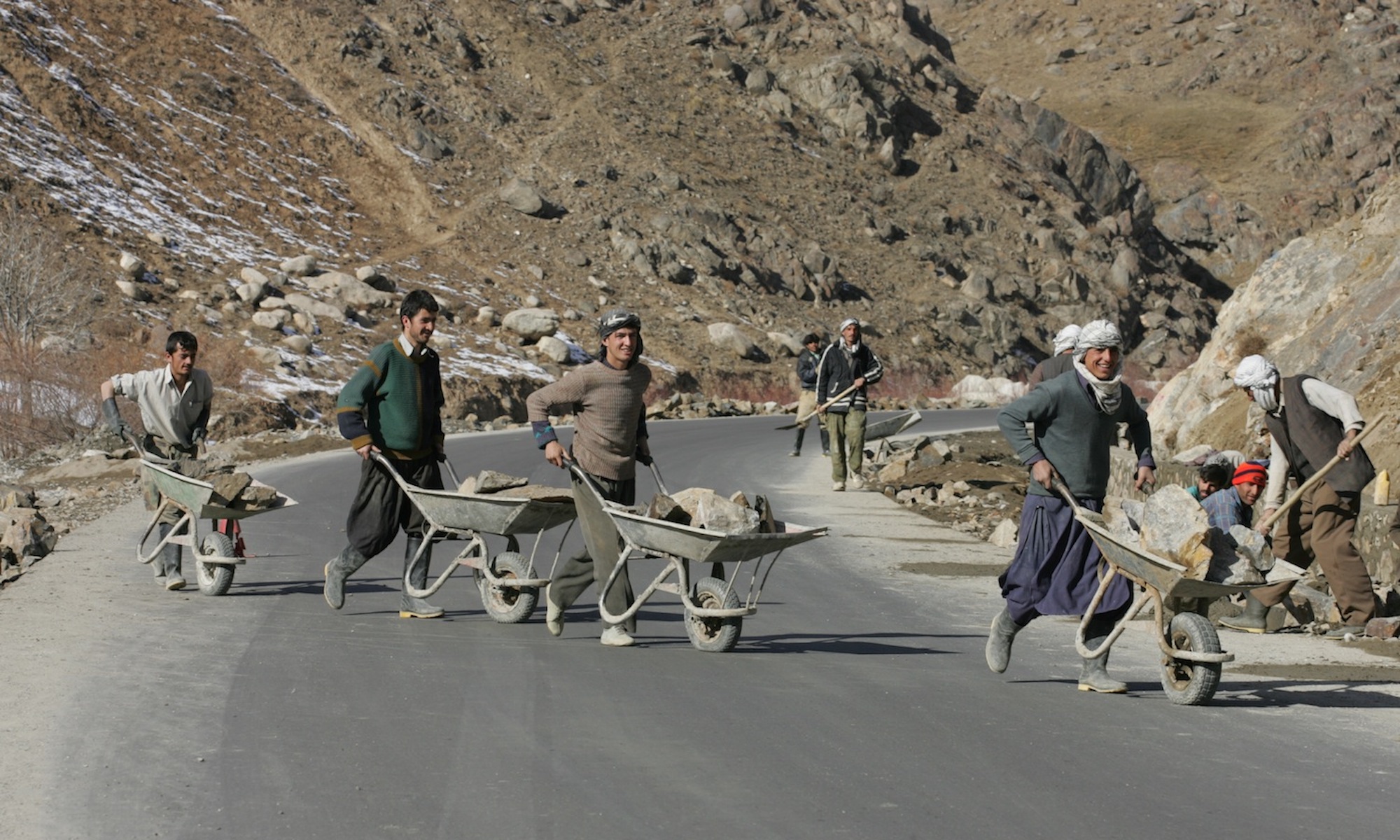In analyzing peace processes in postconflict societies, scholars have primarily focused on the impact of prosecutions, truth-telling efforts, and reconciliation strategies, while overlooking the importance of individual demands for reparations. The authors argue that normative explanations of why reparations are granted in the aftermath of regime change are useful in understanding a need for reconciliation, but inadequate for explaining victim demands for compensation. The authors extend this research to study civil war settlement. In the aftermath of civil war, when some form of reparation is offered giving individuals the opportunity to seek redress of grievances, what types of loss and political and socioeconomic characteristics are likely to lead some individuals to apply for reparations but not others? Using primary data, collected through a public opinion survey in Nepal, the authors investigate individual-level demand for reparations. The findings suggest that understanding loss and risk factors may be important to civil war settlement and reconciliation.

INSCT Postconflict Research Database
The Institute for National Security and Counterterrorism's Postconflict Research Database & Analysis Project stores cross-indexed bibliographic information on hundreds of journal articles, books, book chapters, and case reports that address the broad, interdisciplinary fields of postconflict reconstruction, stabilization, and peacebuilding.